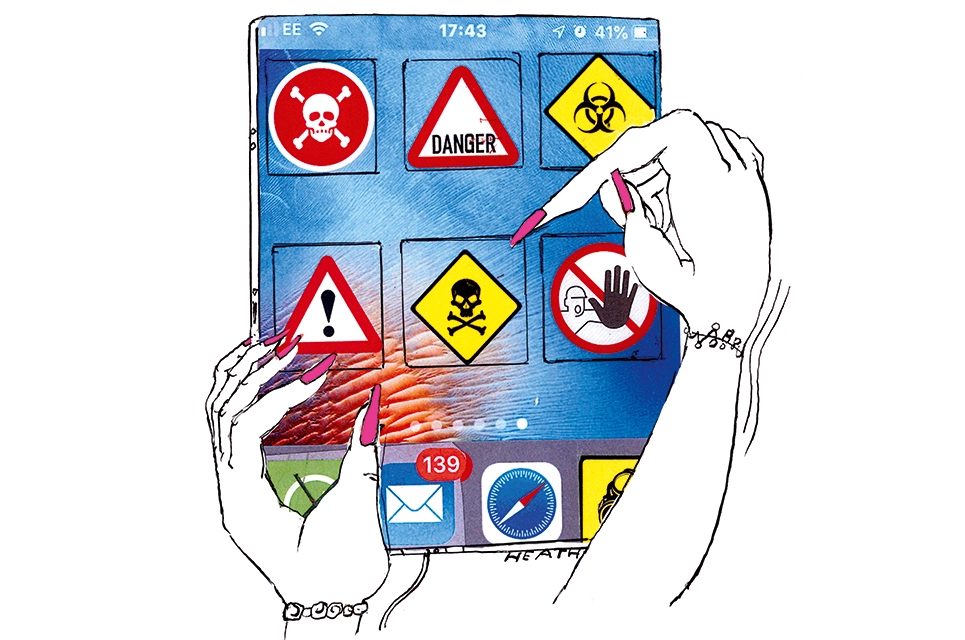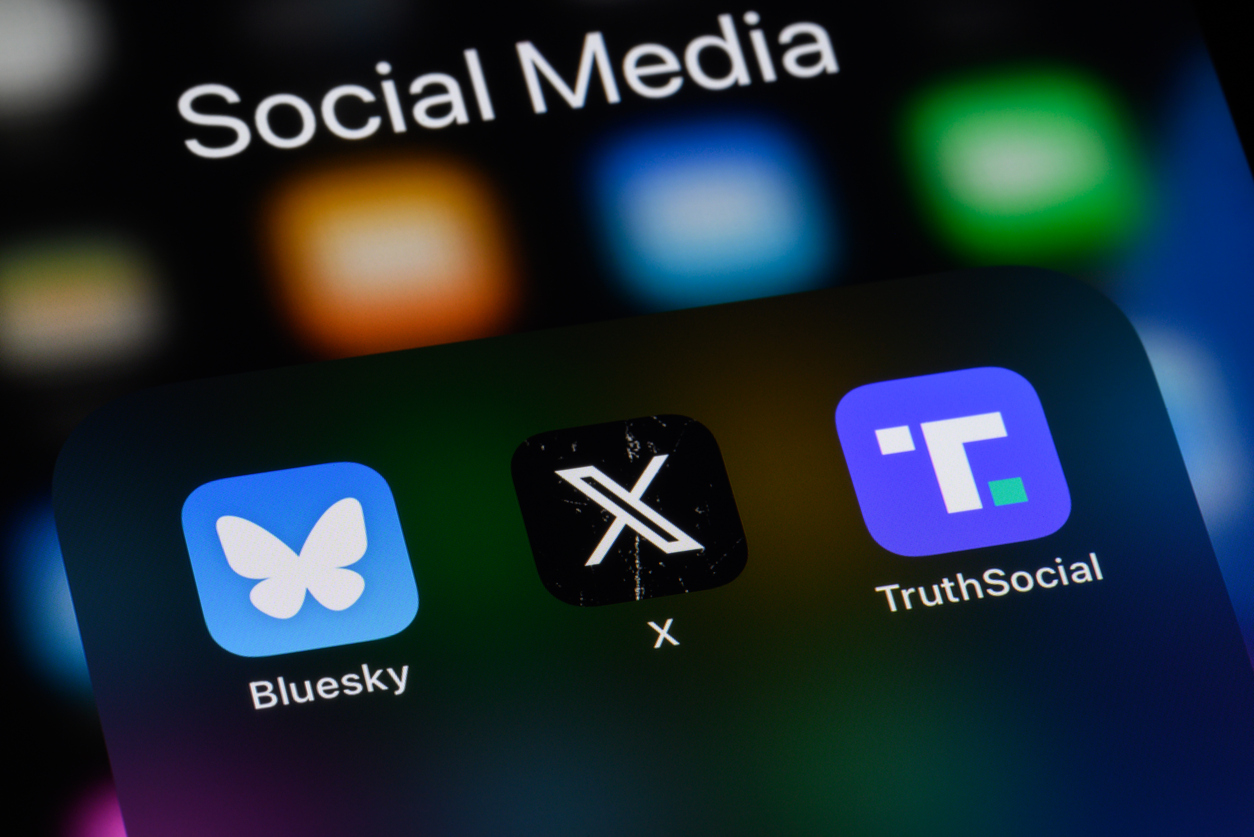We live in an age of instant communication. But communication has never been less certain.
Once in a while, WhatsApp takes several days to deliver a message to me. The first I know that someone contacted me on Friday is when my phone pings on Tuesday. Like when a friend let me know he and his partner were getting engaged. “Congratulations,” I began, before noticing he’d sent the message four days previously. So then I had to add an apology to my response.
Text messages can also fail. Another friend recently changed phones, and realized after a few days that some (though not all) of his contacts’ texts were going to the old phone, whose battery was drained. His theorizing about why this might be included such phrases as “SIM card lag.” He then advised me to stick to WhatsApp: “I definitely get messages that way.” But you only know about the ones you get. You cannot, by definition, know about a message you didn’t get.
And this is the problem. We are in Donald Rumsfeld’s world of unknown unknowns. In the old days there was only one method of instant communication: the landline telephone. That worked pretty well. But even on the rare occasions it didn’t work, you knew it hadn’t worked. The “dead” tone, or the absence of any tone at all, told you that (as Arthur Daley once put it in Minder) “Buzby was knackered.” You knew your intended other party hadn’t heard you, by virtue of the simple fact that you hadn’t spoken to them.
But these days you’re never quite sure. You can reach people by email, text message, WhatsApp, Snapchat, Twitter DM and God knows how else. And yes, some of these methods have delivery ticks or “read” notifications. Do you ever entirely trust them, though? How many times a month do you find yourself apologizing to someone because you didn’t get their message?
My iPhone, as well as playing tricks with WhatsApp, occasionally fools around with voicemails too. A day or two after someone has left a message, the phone deigns to tell me about it, rather like the forgetful housemate played by Rhys Ifans in Notting Hill, tardily informing Hugh Grant that, oh yes, someone called for you.
And then there’s email. An organization’s firewall will take against you and that’s it, you’re frozen out, your messages sent to “junk” but without you knowing it. (Yes, tech nerds, I’m aware that “firewall” might not be the correct term there. But that’s my point: I shouldn’t have to know this stuff — I just want the bloody technology to work.) It recently dawned on me — partly by people chasing me about things — that some of my emails weren’t getting through. The guy who sorts these things for me had to change some settings somewhere. “SPF” and “DMARC” were mentioned. Whatever they are.
“What are you moaning about?” some might say. “It’s only, what, 1 percent of your messages that don’t get through.” Yes — but you don’t know which 1 percent. So you have nagging doubts about all of them. And you never know when to follow things up. Has the other person not replied because they’re not interested, or because they never got the email in the first place? If you chase it by text, or WhatsApp, or carrier pigeon, will you be getting on their nerves and jeopardizing relations for the future? Or will it be the first they know about your message at all?
Added to the technological failings are our human failings. A friend tells me he struggles to remember which platform people contacted him on. He knows he has to get back to someone about something, but before he can do it he has to trawl through half a dozen icons on his phone to see whether they messaged him by text, Twitter DM… oh, you know the list by now. Another problem is that different people favor different platforms. “I never check my emails any more,” someone advised me recently. “Use WhatsApp — that always cuts through.”
Poor old email. Voicemail messages seem to be going the same way. They’re now so unfashionable that some people refuse to listen to them. But how are you, as the person leaving the voicemail message, meant to know who those people are? Like so much else with modern communication, it’s a lottery. Except you never get to find out whether your ticket is a winning or a losing one.
It all reminds me of a Spectator cartoon from the 1990s, which showed two adjacent Manhattan skyscrapers. In the top floor office of each was a businessman. The pair were linked by paper cups and a piece of string. One was saying to the other: “Did you get my fax?”
This article was originally published in The Spectator’s UK magazine. Subscribe to the World edition here.

























